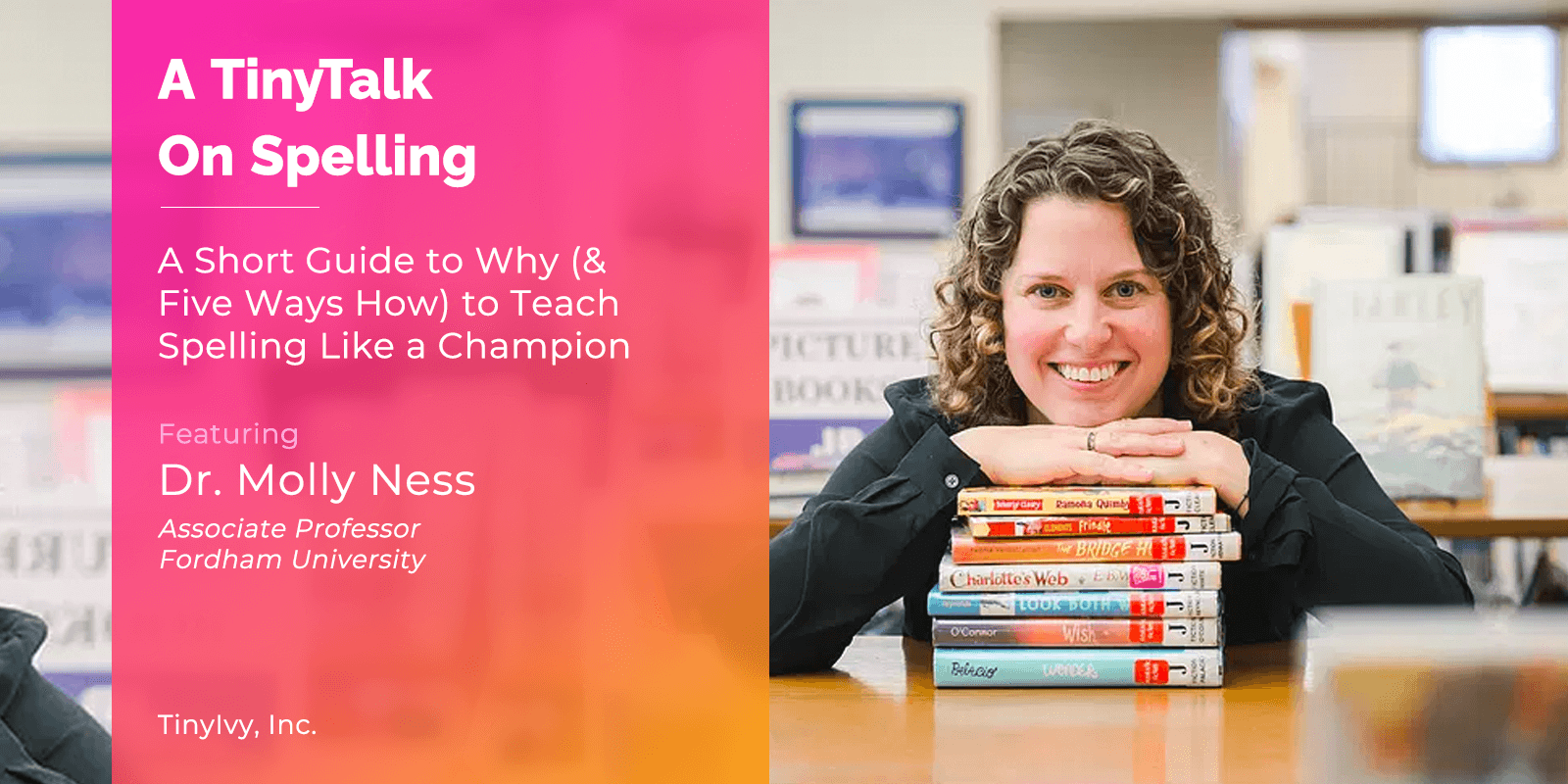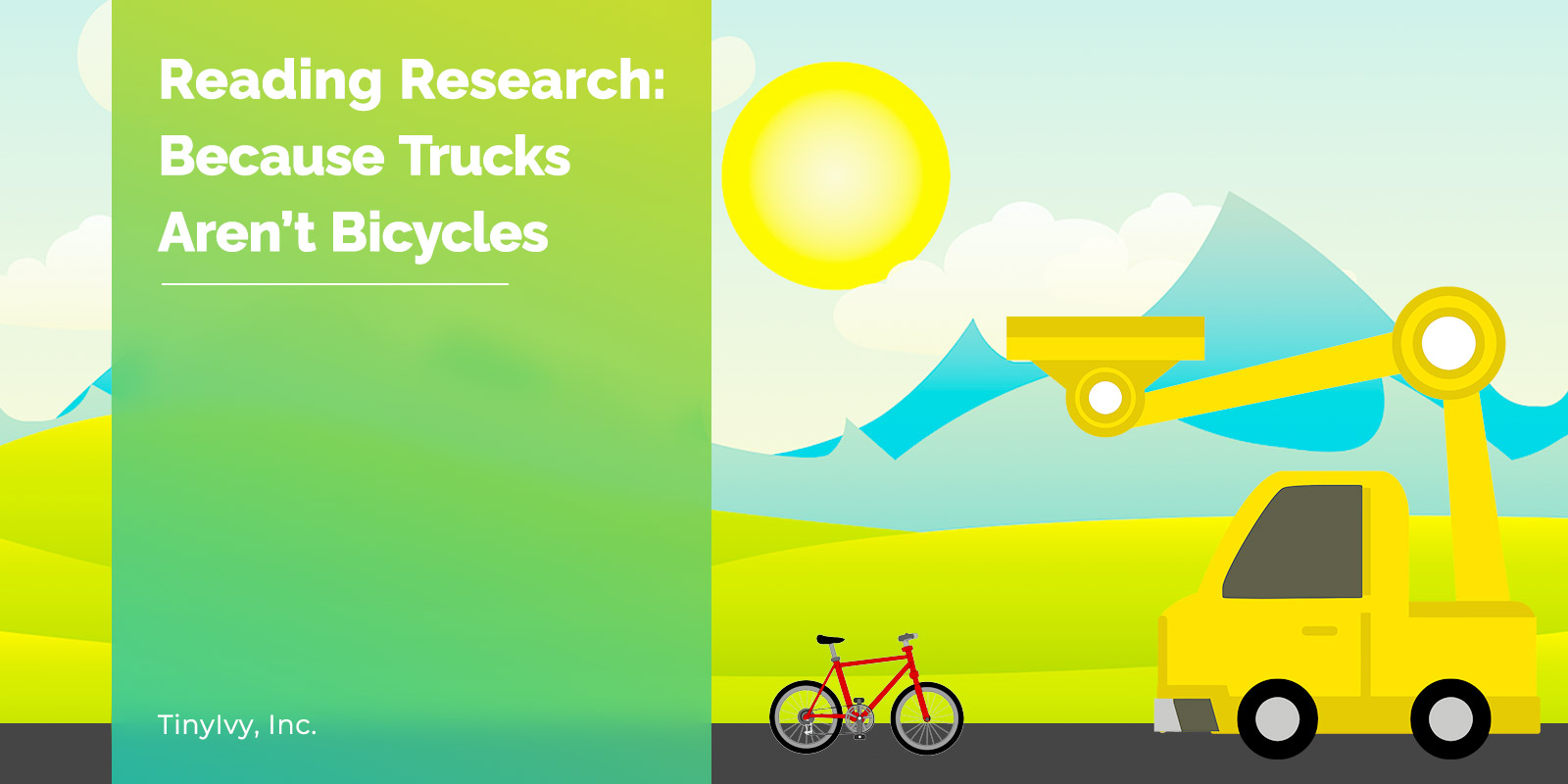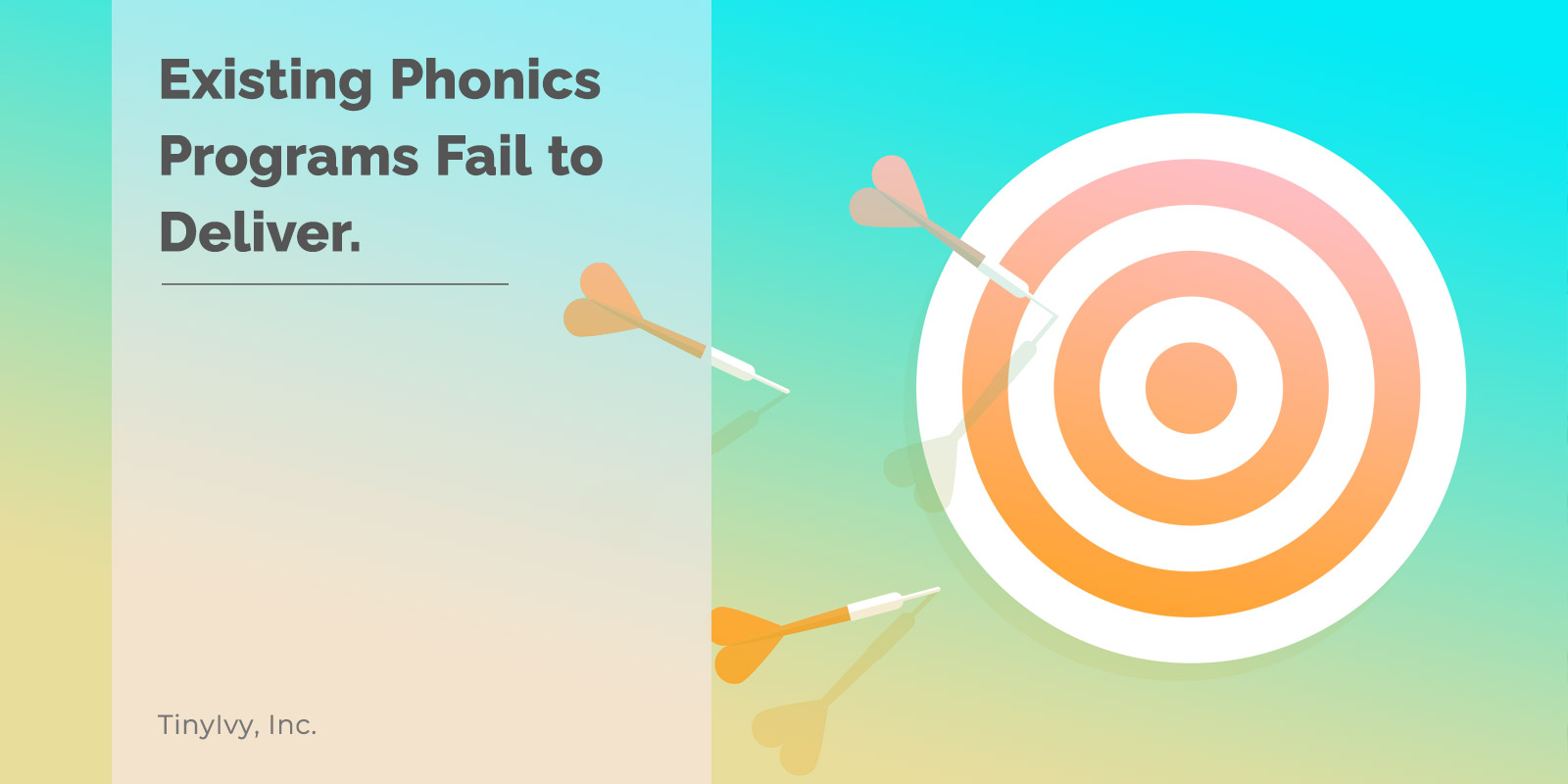English spelling is ridiculous and outrageous to most eight year olds. Or wait, is it outragous and ridiculeous? Humorous or Humoreous? Is the laughter contagious? Or contageous? Or contagous? And why? Why is spelling in English so tricky? And knowing how tricky it is, how best teach it?
Posts for The Science of Reading
A Short Guide to Why (& Five Ways How) to Teach Spelling Like a Champion
April 30, 2021 by Zach Silverzweig
Stanford & Johns Hopkins Join TinyIvy in Innovative Reading Research Application
March 18, 2021 by Mary Zenorini Silverzweig
Every state in the US requires some level of evidence-based support for any curriculum used in our schools. In some ways, this makes a lot of sense. We want our schools to use what has been proven to work. But there is a challenge. How do we explore new methods that might be better than what we have done, and studied, before?
English is Harder to Read than Other Languages
October 14, 2020 by Zach Silverzweig
Research Breakdown! Let's take a look at Galletly & Knights fantastic paper and learn how trucks are not bicycles, apples are not oranges, and that not all languages are the same either. This is the first Research Breakdown, taking the the science of reading and make it more accessible to everyone.
Kicking Off New Research on the Science of Reading
September 3, 2020 by Zach Silverzweig
Great news from the Reading World headquarters: we are excited to announce the kick-off of our first major research project!
The research study will be supported by the excellent team at Johns Hopkins Center for Research and Reading Evaluation, to explore the impact of teaching children to read with TIPS™.
Existing Phonics Programs Fail to Deliver
December 16, 2019 by Zach Silverzweig
While advances in the science of reading continue, the literacy products used by schools and classrooms and teachers have failed to keep pace.
None of the programs reviewed in the recent EdReports review "meets expectations" overall, even within a single category.
Even clear and established guidelines like phonemic awareness and decoding are poorly addressed by existing solutions.
Fortunately, there is a better tool in the horizon.





